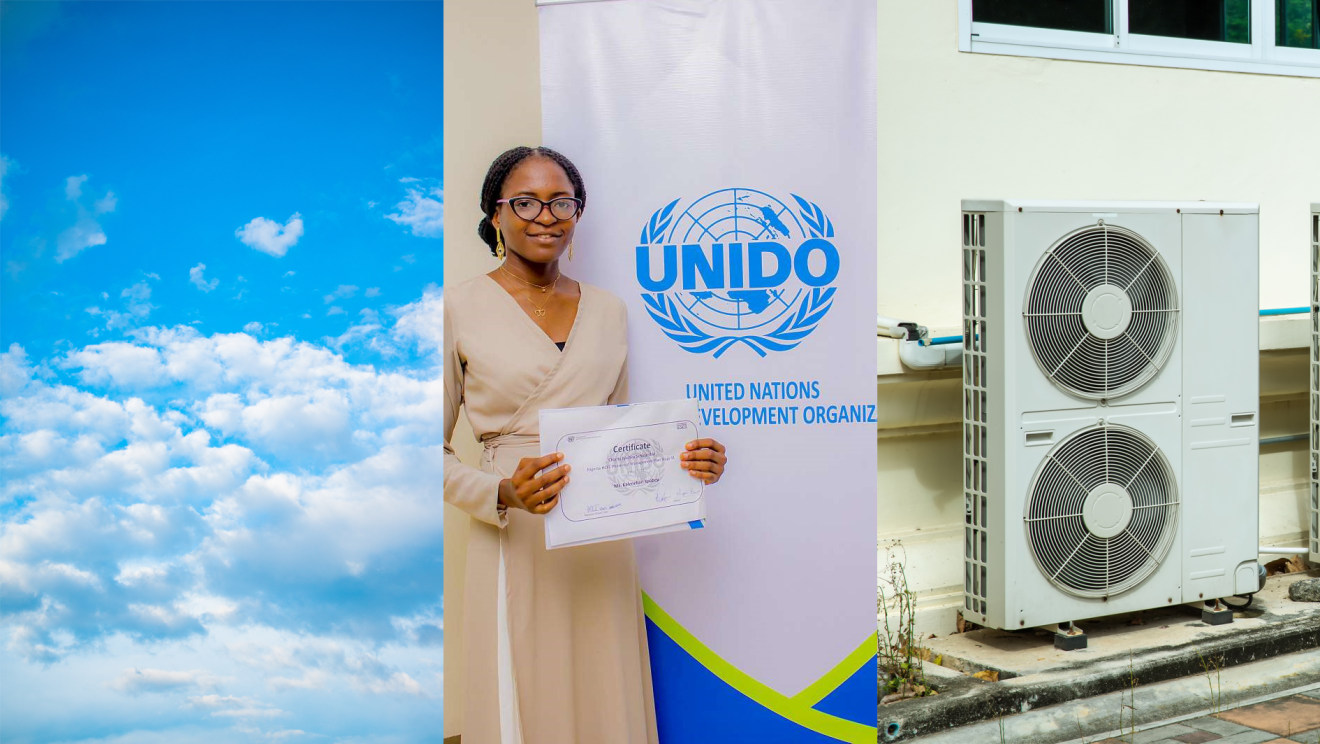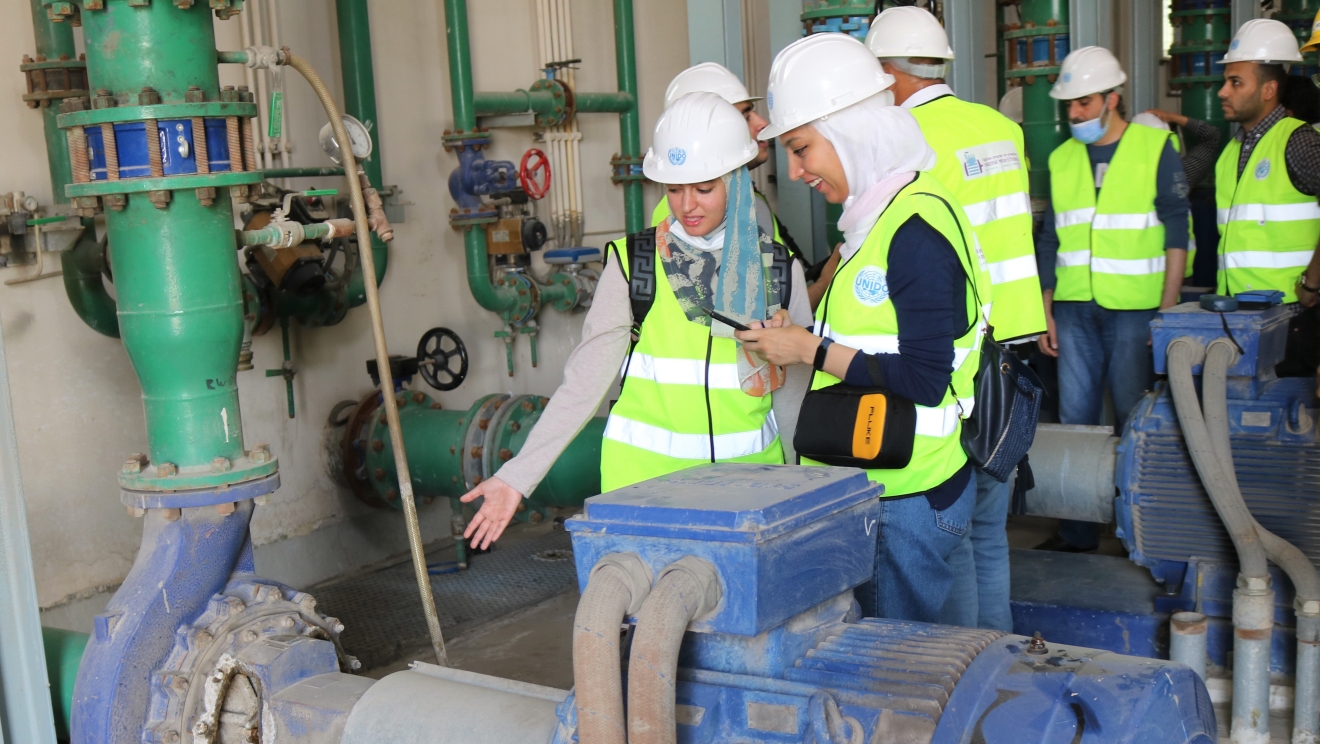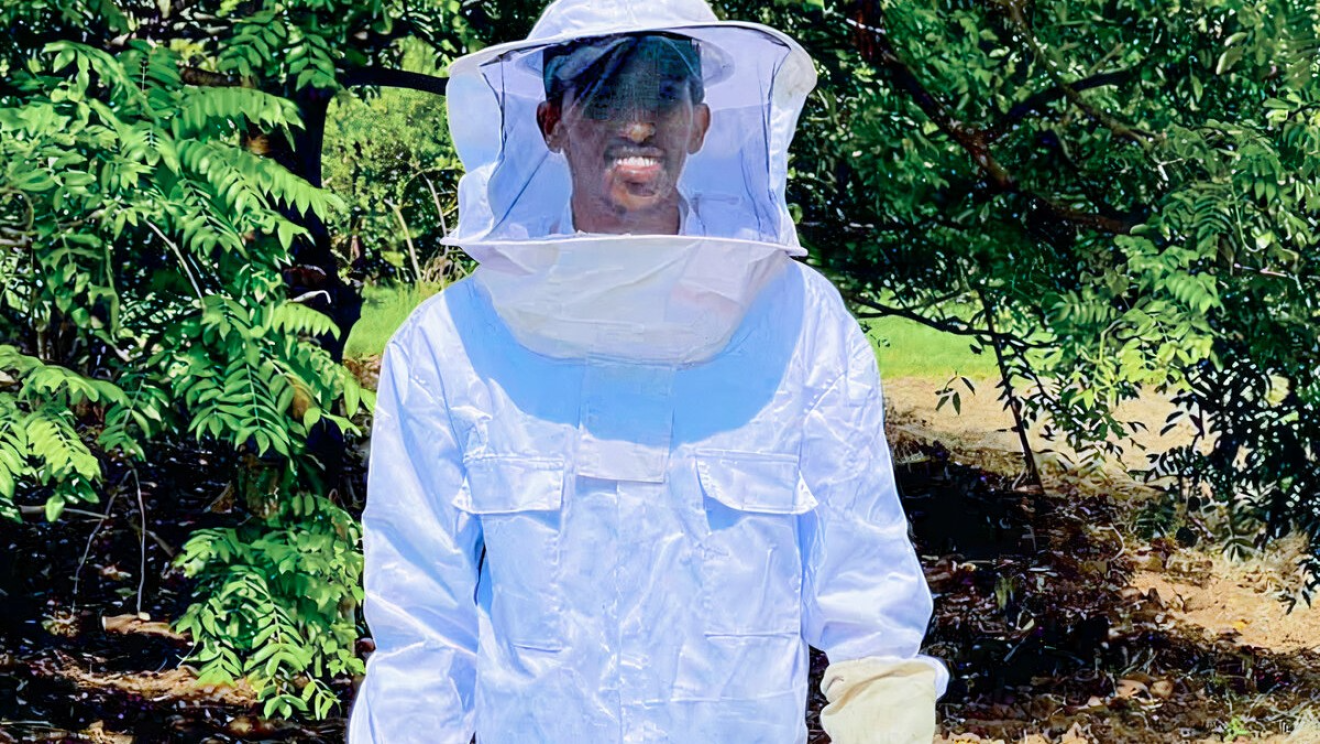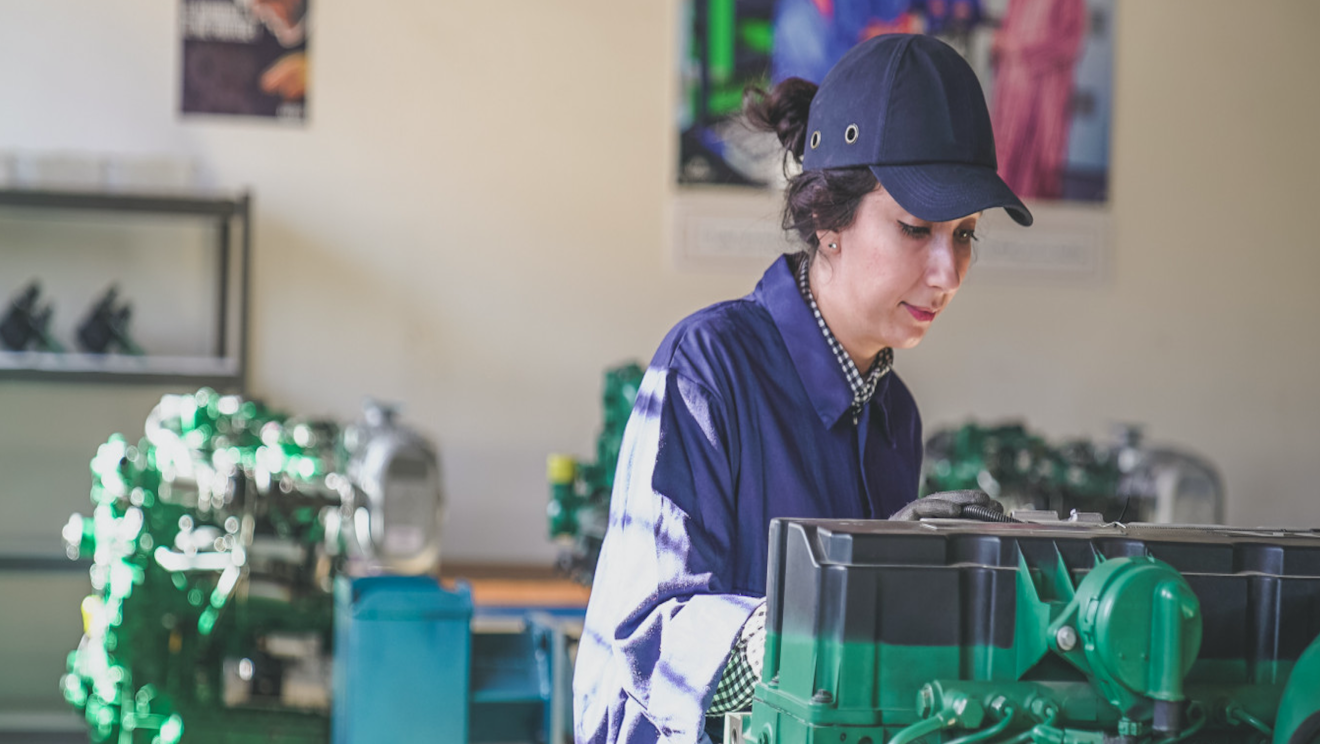
Training and skills
The COVID-19 pandemic exacerbated the numerous labour market challenges facing those aged between 15 and 24 years. The total global number of unemployed youths is estimated to reach 73 million in 2022, six million above the pre-pandemic level of 2019, according to a recent International Labour Organization report.
In all UNIDO’s priority areas, youth employment is an area of particular focus.
For example, the African continent has the youngest population in the world, and according to the World Bank, 10-12 million new jobs will have to be created annually until 2035 to absorb new labour market entrants. If properly supported, young women and men are a potent force for driving inclusive economic growth and addressing some of the most pressing socioeconomic challenges the continent faces. UNIDO recognizes that creating quality jobs and reaping the demographic dividend are particularly important for the political, social and economic stability of many countries in Africa.
In rural areas, where education opportunities are limited, agriculture employs about 60 percent of the young people aged 15-35 years. Here, the agribusiness sector can provide opportunities for youth, but only if agricultural value chains and agri-food systems drastically improve their competitiveness. A competitive agricultural sector can attract domestic and foreign investments and provide a fertile ground for the development of value-adding activities and businesses along various agricultural value chains. One area of special significance for UNIDO is the processing of agricultural products because it not only increases food security but also creates jobs for young people.
In Africa, and in other regions too, technical skills and know-how open up entrepreneurial and employment opportunities in agribusiness and beyond. The rapid development and diffusion of digital technologies offers a new angle for creating jobs and entrepreneurial opportunities.


For many developing countries, access to quality educational systems and training programmes is not adequate to meet new demands and address technological, social and environmental challenges. In response, UNIDO identifies and collaborates with public, private and development partners to develop and scale-up the Technical and Vocational Education Training (TVET) system to address the skills gap in developing countries. Our training and innovative curricula equip young female and male students with demand-driven skills and future skills to seize the opportunities of technological progress.
One of the guiding principles of UNIDO’s activities is low-emission, climate-resilient industrial development. This means promoting policies, technologies and practices so that countries can take climate action and, in doing so, create millions of new, decent jobs.








